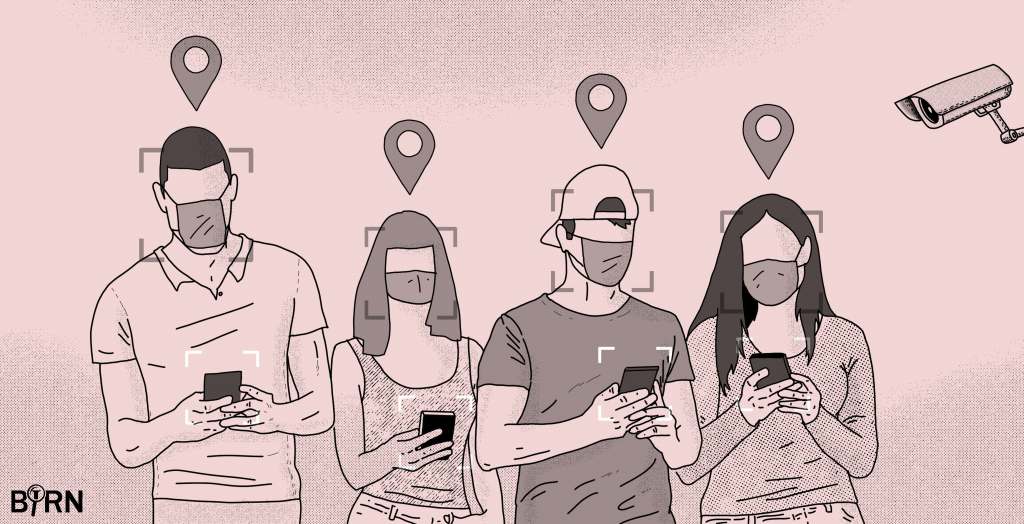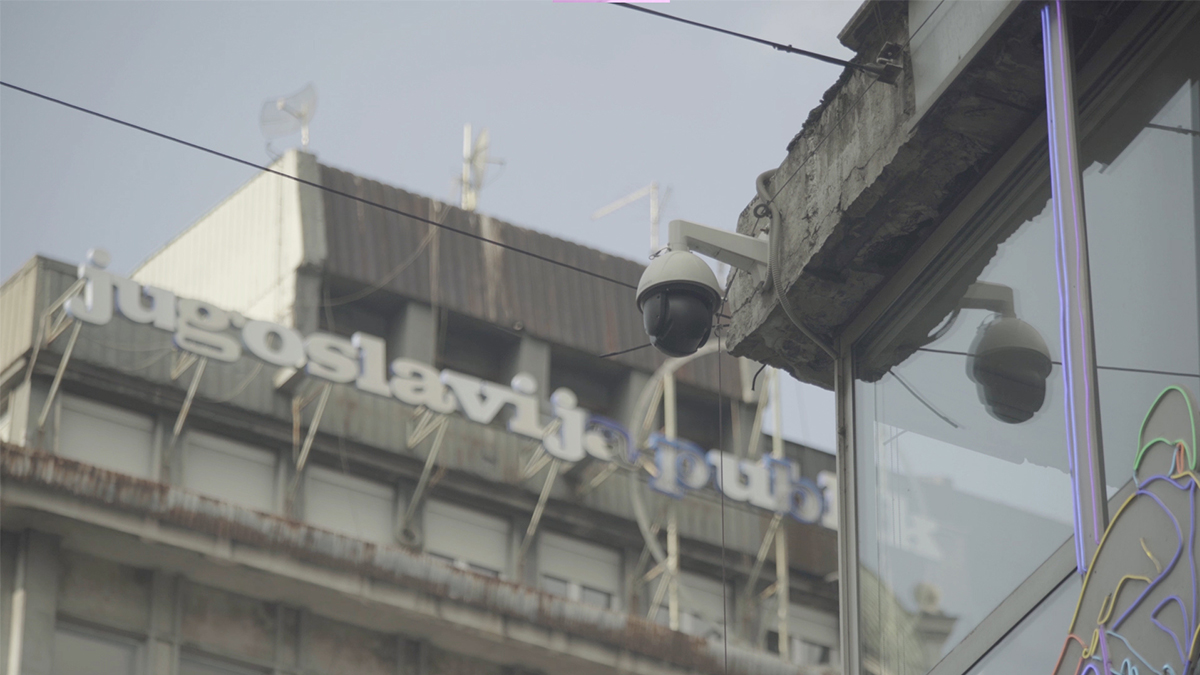Nineteen organisations from Southeast Europe have joined forces in a newly-established network that aims to advance the protection of digital rights and address the growing challenges posed by the widespread use of advanced technologies in society.
Initiated by Balkan Investigative Reporting Network, BIRN, and SHARE Foundation, the SEE Digital Rights Network is the first network of its kind focused on the digital environment and challenges to digital rights in Southeast Europe.
The network brings together 19 member organisations – from Albania, Bosnia and Herzegovina, Croatia, Greece, Kosovo, Montenegro, North Macedonia and Serbia – dedicated to the protection and promotion of human rights, both online and offline.
Each is committed to advancing their work on issues of digital rights abuses, lack of transparency, expanded use of invasive tech solutions and breaches of privacy.
Since the onset of the COVID-19 pandemic, Central and Southeast Europe has seen a dramatic rise in the rate of digital rights violations, in countries where democratic values are already imperiled.
“This endeavour comes at a moment when we are seeing greater interference by state and commercial actors that contribute to the already shrinking space for debate while the exercise of basic human rights is continuously being limited,” said BIRN regional director Marija Ristic.
“The Internet has strong potential to serve the needs of the people and internet access has proved to be indispensable in times of crisis such as the COVID-19 pandemic. Our societies are becoming more digital, which presents a powerful incentive to increase the capacity of organisations dealing with digital developments and regulations in our region.”

During a first joint meeting, the members of the network agreed that the challenges posed by the fast-evolving tech solutions used by states have led to infringements of basic rights and freedoms, while false and unverified information is flourishing online and shaping the lives of people around the region.
The online sphere has already become a hostile environment for outspoken individuals and especially marginalised groups such as minorities, LGBTIQ+ community, refugees and women.
“Digital technology is profoundly changing our societies as it becomes an important part of all spheres of our lives, so we see the diversity of organisations that joined this network as one of its biggest strengths,” said Danilo Krivokapic, director of the SHARE Foundation.
“We can learn so much from each other’s experience, as we have similar problems with governments using technology to exert control over society, especially in times of crisis such as the COVID-19 pandemic,” he said. “It is also important that we act together when we are trying to restore the balance between our citizens and big companies (Facebook, Google etc) that hold enormous amounts of our personal data and through this exert significant power over us.”
The network’s aim is to build on the skills, knowledge and experience of its members to achieve common goals such as strengthening democracy in the region and protecting individuals in the digital environment.
While cherishing the values of safety, equality and freedom, the work of the SEE Digital Rights Network will be directed at achieving the following goals: to protect digital rights and internet freedoms, enable people to access accurate information, make the internet a safer place, detect and report hate speech and verbal violence online, especially against women and other vulnerable groups, identify online recruitment, which can lead to exploitation, take control of personal data, work to prevent the implementation of intrusive surveillance systems, hold governments accountable for the use and abuse of technology and improve digital literacy in order to prevent violence and exploitation.
The network will aim to increase the level of understanding of complex and worrying trends and practices, trying to bring them closer to the general public in a language it can understand. By creating a common space for discussion and exchange, organisations and the media will be able to increase the impact of their individual efforts directed towards legislative, political and social changes.
For more information about the network please contact: sofija.todorovic@birn.eu or/and nevena@sharedefense.org.
Here you can find the full text of the SEE Digital Right Network Declaration. The Declaration is also available in BCS, Macedonian and Albanian.
The organisations that have joined the network are as follows:
- A 11 – Initiative for Economic and Social Rights – Serbia
- Balkan Investigative Regional Reporting Network (BIRN) – Bosnia and Herzegovina
- Centre for Civic Education – Montenegro
- Center for Internet, Development and Good Governance (IMPETUS) – North Macedonia
- Civic Alliance (CA) – Montenegro
- Civil Rights Defenders (CRD)
- Da se zna – Serbia
- Gong – Croatia
- Homo Digitalis– Greece
- Open Data Kosovo (ODK) – Kosovo
- Media Development Centre (MDC) – North Macedonia
- Metamorphosis Foundation – North Macedonia
- Montenegro Media Institute (MMI) – Montenegro
- NGO Atina – Serbia
- Partners Serbia – Serbia
- Sarajevo Open Centre – Bosnia and Herzegovina
- Share Foundation – Serbia
- Vasa prava BiH – Bosnia and Herzegovina
- Zašto ne? – Bosnia and Herzegovina


